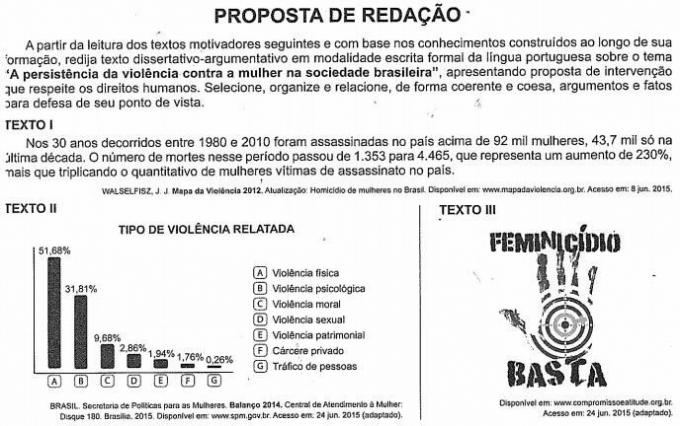Venceslau Brás it was the 9th president of Brazil, having governed the country from 1914 to 1918. Successor of Hermes da Fonseca, he was the candidate supported by the elites of Minas Gerais and Sao Paulo.
The government of Venceslau Brás was marked by labor strikes, by the First World War (1914-1918) and for the maintenance of the privileges guaranteed by the Coffee with Milk Policy, political game that took place during the old republic.
Biography of Venceslau Brás
Venceslau Brás Pereira Gomes was born in São Caetano da Vargem Grande (currently Brasópolis), a city in the interior of Minas Gerais, on February 26, 1868.
In 1890, he graduated in Law from the Faculty of Law of São Paulo. After returning to his home state, he acted as a lawyer and assumed some public functions, such as:
- Justice promoter;
- Mayor from Monte Santo de Minas;
- City councilor;
- state deputy;
- Secretary of the Interior, Justice and Public Security of Minas Gerais;
- Congressman;
- President (governor) of Minas Gerais;
- Vice president of the Republic.
Government of Venceslau Brás
When the government of Venceslau Brás started, the Contested War was in progress. This conflict occurred in South region of the country, motivated by popular revolt and religiosity. After five years of fighting, the sertanejos lost to government troops.
Another conflict that was in progress when Venceslau Brás rose to the presidency was the First World War (1914-1918).
For much of the war, the country maintained a neutral position until a Brazilian vessel was hit by the Germans. This fact made the country declare war against the Germany and its allies.
This phase was marked by the shock of exports from coffee caused by the First War. According to the Taubate Agreement determined, if the product was not sold, the government should buy it so as not to leave the producers at a loss.
- Free Online Inclusive Education Course
- Free Online Toy Library and Learning Course
- Free Online Math Games Course in Early Childhood Education
- Free Online Pedagogical Cultural Workshops Course
With nothing to do with so much coffee, the government decided to burn approximately three million bags of the bean to prevent the drop in the value of the product on the market.
In addition, World War I boosted the national industry by motivating it to produce items in large quantities, a function that was previously performed by European industries. Thus, the industrial sector began to grow significantly.
Industrial growth demanded a greater number of workers. However, such development did not involve the rights of workers who used to work 16 hours a day in precarious conditions, without minimum wage or compensation for work accidents.
Men, women and even children made up the workforce in the factories. Faced with such exploitation, workers began to unite around strikes.
THE biggest strike ever in Brazil it was during the Venceslau Brás government, in 1917. Started in São Paulo, it had the stoppage of around 40,000 workers.
Despite being repressed by the government, the General Strike of 1917 was responsible for founding the 1920 labor legislation and for creating several workers' leagues.
Another important fact to be mentioned during this period was the emergence of Spanish flu in Brazil, a disease that claimed thousands of victims, including the president elected to succeed Venceslau Brás, Rodrigues Alves.
End of government of Venceslau Brás
The end of the Venceslau Brás government occurred within the foreseen period, on November 15, 1918. Due to the death of the newly elected president, Rodrigues Alves, the presidential post was transferred to Delfim Moreira, vice president.
Learn more at:
- Prudent Government of Moraes (1894-1898)
- Campos Sales Government (1898-1902)
- Provisional Government (1930-1934)
The password has been sent to your email.

